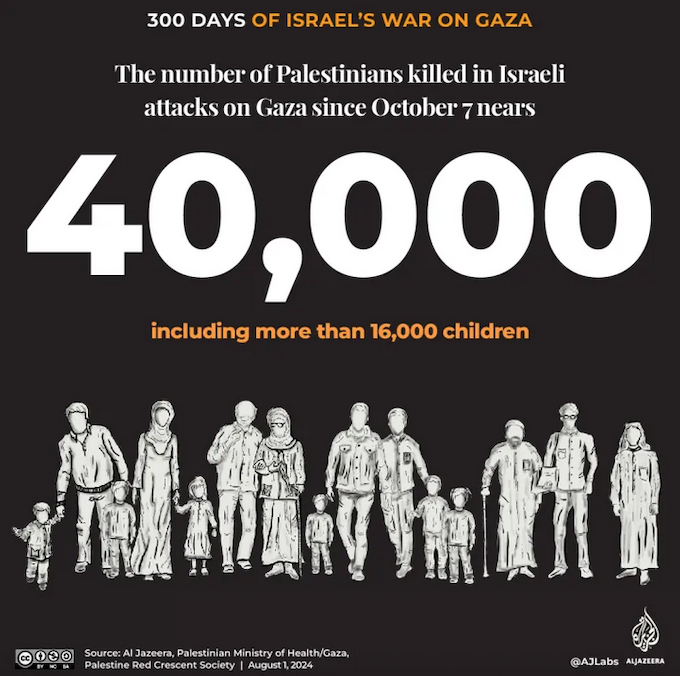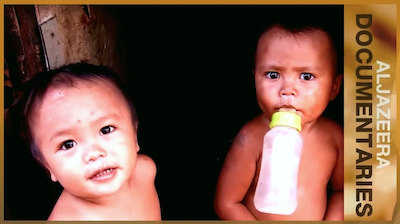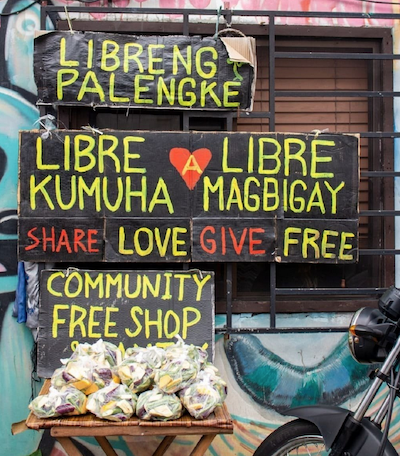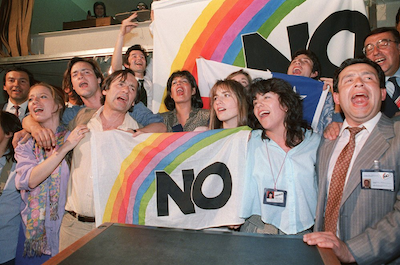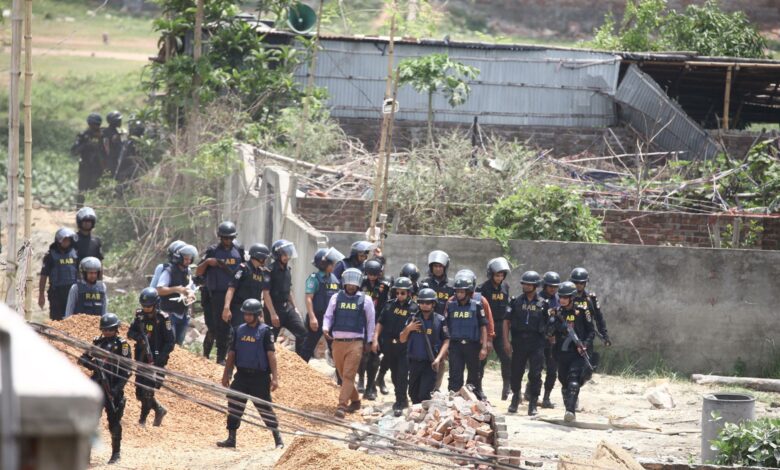SPECIAL REPORT: By Joe Gill
It is difficult to be shocked after 18 months of Israel‘s genocidal onslaught on Gaza.
Brazen crimes against humanity have become the norm. World powers do nothing in response. At best, they put out weak statements of concern. Now, the US does not even bother with that.
It is fully on board with genocide.
- READ MORE: Middle East Eye’s live coverage of the Israeli war on Palestine
- It will take more than an Oscar to stop Israel’s West Bank plans
- Other No Other Land and West Bank reports
- Other Israel’s war on Gaza reports
Israel and the US are planning the violent ethnic cleansing of Gaza, knowing full well that no one will stop them.
The International Court of Justice (ICJ) and the International Criminal Court (ICC) are sitting on their hands, despite what appeared to be significant rulings last year on Israeli war crimes by the ICC and on the “plausible risk” of genocide by the ICJ.
Israeli anti-Zionist commentator Alon Mizrahi posted on X this week:
“As Israel and the US announce and begin to enact plans to ethnically cleanse Gaza of Palestinians, let’s remember that the International Court of Justice has not even convened to discuss the genocide since 24 May 2024, when it was using very blurry language about the planned Rafah action.
“Tens of thousands have been exterminated since then, and hundreds of thousands have been injured. Babies starved and froze to death, and thousands of children lost limbs.
“Not a word from the ICJ. Zionism and American imperialism have rendered international law null and void. Everyone is allowed to do as they please to anyone. The post-World War II masquerade is truly over.”
As Israel and the US announce and begin to enact plans to ethnically cleanse Gaza of Palestinians, let’s remember that the International Court of Justice has not even convened to discuss the genocide since 24 May 2024, when it was using very blurry language about the planned…
— Alon Mizrahi (@alon_mizrahi) March 30, 2025
Under the US Joe Biden administration, Secretary of State Antony Blinken and the smirking US spokesperson Matt Miller would make performative statements about “concern” over the killing of Palestinians with weapons they had supplied. (They would never use a word as clear as “killing”, always preferring the perpetrator-free “deaths”).
Today, under the Donald Trump regime, even the mask of respect for the rituals of international diplomacy has been thrown aside.
This is the law of the jungle, and the winner is the government that uses superior force to seize what it believes is theirs, and to silence and destroy those who stand in their way.
Brutally targeted
Last week, a group of Palestine Red Crescent Society (PRCS), civil defence and UN staff rushed to the site of Israeli air strikes to rescue wounded Palestinians in southern Gaza.
PRCS is the local branch of the International Committee of the Red Cross, which, like the United Nations Relief and Works Agency (Unrwa), provides essential health services to Palestinians in a devastated, besieged war zone.
Alongside other international aid groups, they have been repeatedly and brutally targeted by Israel.
That pattern continued on March 23, when Israeli forces committed a heinous, deliberate massacre that left eight PRCS members, six members of Gaza’s civil defence, and one UN agency employee dead.
The bodies of 14 first responders were found in Rafah, southern Gaza, a week after they were killed. The vehicles were mangled, and the bodies dumped in a mass grave. Some were mutilated, one decapitated.
The Palestinian Health Ministry said some of the bodies were found with their hands tied and with wounds to their heads and chests.
“This grave was located just metres from their vehicles, indicating the [Israeli] occupation forces removed the victims from the vehicles, executed them, and then discarded their bodies in the pit,” civil defence spokesperson Mahmoud Basal said, describing it as “one of the most brutal massacres Gaza has witnessed in modern history”.
Under fire: Israel’s war on medics. Video: Middle East Eye
‘Killed on way to save lives’
The head of the UN Humanitarian Affairs Office in Gaza, Jonathan Whittall, said: “Today, on the first day of Eid, we returned and recovered the buried bodies of eight PRCS, six civil defence and one UN staff.
“They were killed in their uniforms. Driving their clearly marked vehicles. Wearing their gloves. On their way to save lives. This should never have happened.”
Nothing happened following previous lethal attacks, such as the killing of seven World Central Kitchen staff on 1 April 2024, exactly one year ago, when the victims were British, Polish, Australian, Palestinian, and a dual US-Canadian citizen.
Despite a certain uproar that was absent when dozens or hundreds of Palestinians were massacred, Israel was not sanctioned by Western powers or the UN. And so, it continued killing aid workers.
Israel declared Unrwa a “terror” group last October and has killed more than 280 of its staff — accounting for the majority of the 408 aid workers killed in Gaza since October 2023.
The international response to this latest massacre? Zilch.
#GAZA – New images emerge from the execution and burial site of 15 Red Crescent and Civil Defense members in Tal al-Sultan, Rafah, southern Gaza Strip
On March 24, the #IDF surrounded the five ambulances and their crew members, handcuffed them, executed them, buried them in a… pic.twitter.com/KM5DLWpfyH— Brunella C. (@BrunellaCapitan) April 1, 2025
Official silence
On Sunday, Save the Children, Medical Aid for Palestinians and Christian Aid took out ads in the UK Observer calling for the UK government to stop supplying arms to Israel in the wake of renewed Israeli attacks in Gaza: “David Lammy, Keir Starmer, your failure to act is costing lives.”
The British prime minister is too busy touting his mass deportation of “illegal” migrants from the UK to comment on the atrocities of his close ally, Israel. He has said nothing in public.
Lammy, UK Foreign Secretary, has found time to put out statements on the Myanmar earthquake, Nato, Russian attacks on Ukraine, and the need for de-escalation of renewed tensions in South Sudan.
His last public comment on Israel and Gaza was on March 22, several days after Israel’s horrific massacre of more than 400 Palestinians at dawn on 18 March: “The resumption of Israeli strikes in Gaza marks a dramatic step backward. Alongside France and Germany, the UK urgently calls for a return to the ceasefire.”
No condemnation of the slaughter of nearly 200 children.
In response to a request for comment from Middle East Eye, a Foreign, Commonwealth and Development Office spokesperson said: “We are outraged by these deaths and we expect the incident to be investigated transparently and for those responsible held to account. Humanitarian workers must be protected, and medical and aid workers must be able to do their jobs safely.
“We continue to call for a lift on the aid blockade in Gaza, and for all parties to re-engage in ceasefire negotiations to get the hostages out and to secure a permanent end to the conflict, leading to a two-state solution and a lasting peace.”
As this article was being written, Lammy put out a statement on X that, as usual, avoided any direct mention of who was committing war crimes. “Gaza remains the deadliest place for humanitarians — with over 400 killed. Recent aid worker deaths are a stark reminder. Those responsible must be held accountable.”
Age of lawlessness
The new world order of 2025 is a lawless one.
The big powers and their allies are committed to the violent reordering of the map: Palestine is to be forcibly absorbed into Israel, with US backing. Ukraine will lose its eastern regions to Vladimir Putin’s Russia with US support.
Smaller nations can be attacked with impunity, from Yemen to Lebanon to Greenland (no US invasion plan as yet, but the mood music is growing louder with every statement from Trump and Vice-President JD Vance).
This has always been the way to some extent. Still, previously in the post-war world, adherence to international law was the official position of great powers, including the US and the Soviet Union.
Israel, however, never had time for international law. It was the pioneer of the force-is-right doctrine. That doctrine is now the dominant one.
International law and international aid are out.
In the UK last Thursday, a group of youth activists were meeting at the Quaker Friends House in central London to discuss peaceful resistance to the genocide in Gaza.
Police stormed the building and arrested six young women.
Such a police action would have been unthinkable a few years ago, but new laws introduced under the last government have made such raids against peaceful gatherings increasingly common.
This is the age of lawlessness. And anyone standing up for human rights and peace is now the enemy of the state, whether in Palestine, London, or at Columbia University.
Joe Gill has worked as a journalist in London, Oman, Venezuela and the US, for newspapers including Financial Times, Morning Star and Middle East Eye. His Masters was in Politics of the World Economy at the London School of Economics. Republished from Middle East Eye under Creative Commons.
This post was originally published on Asia Pacific Report.
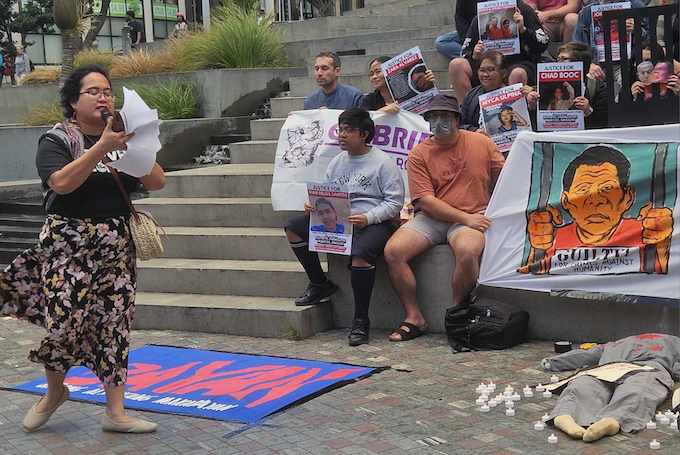
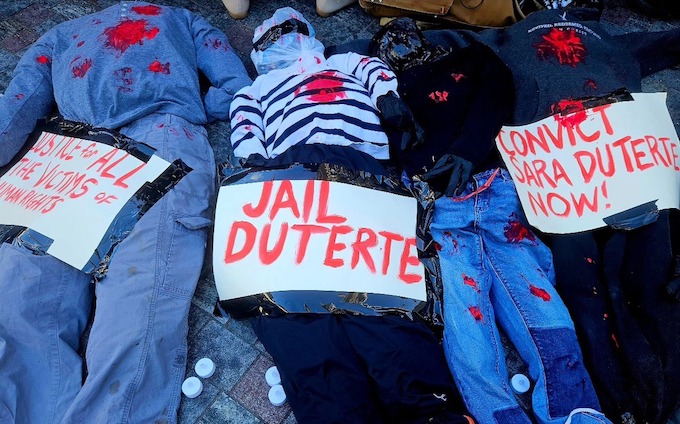
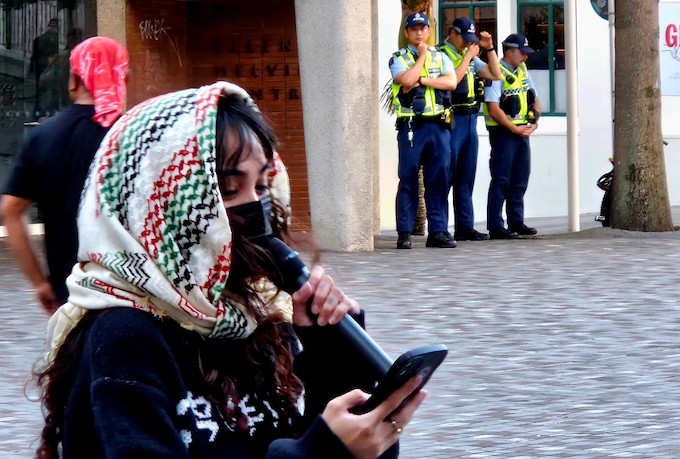
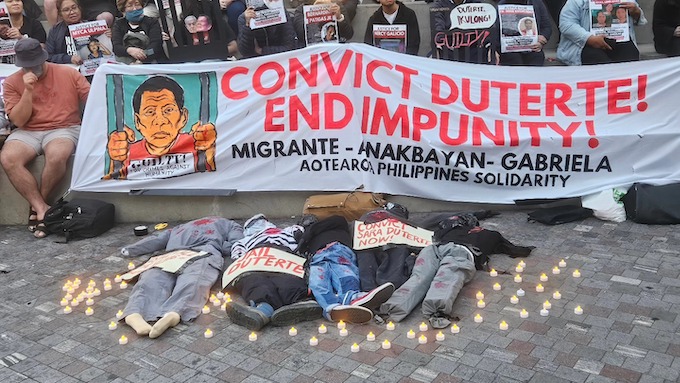
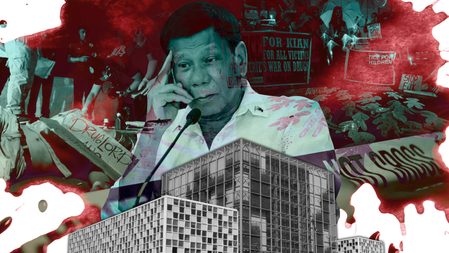
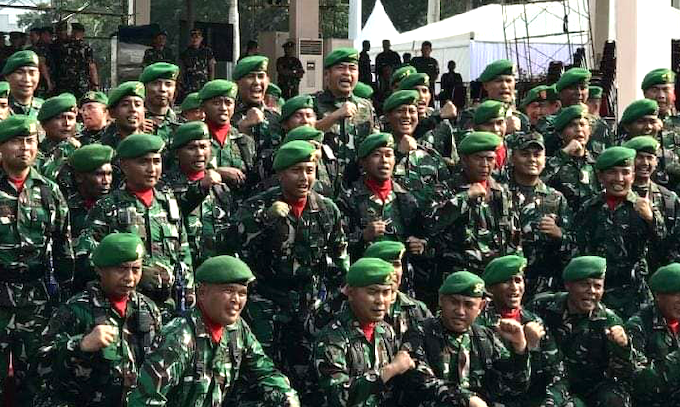


 (@uriohau)
(@uriohau) 